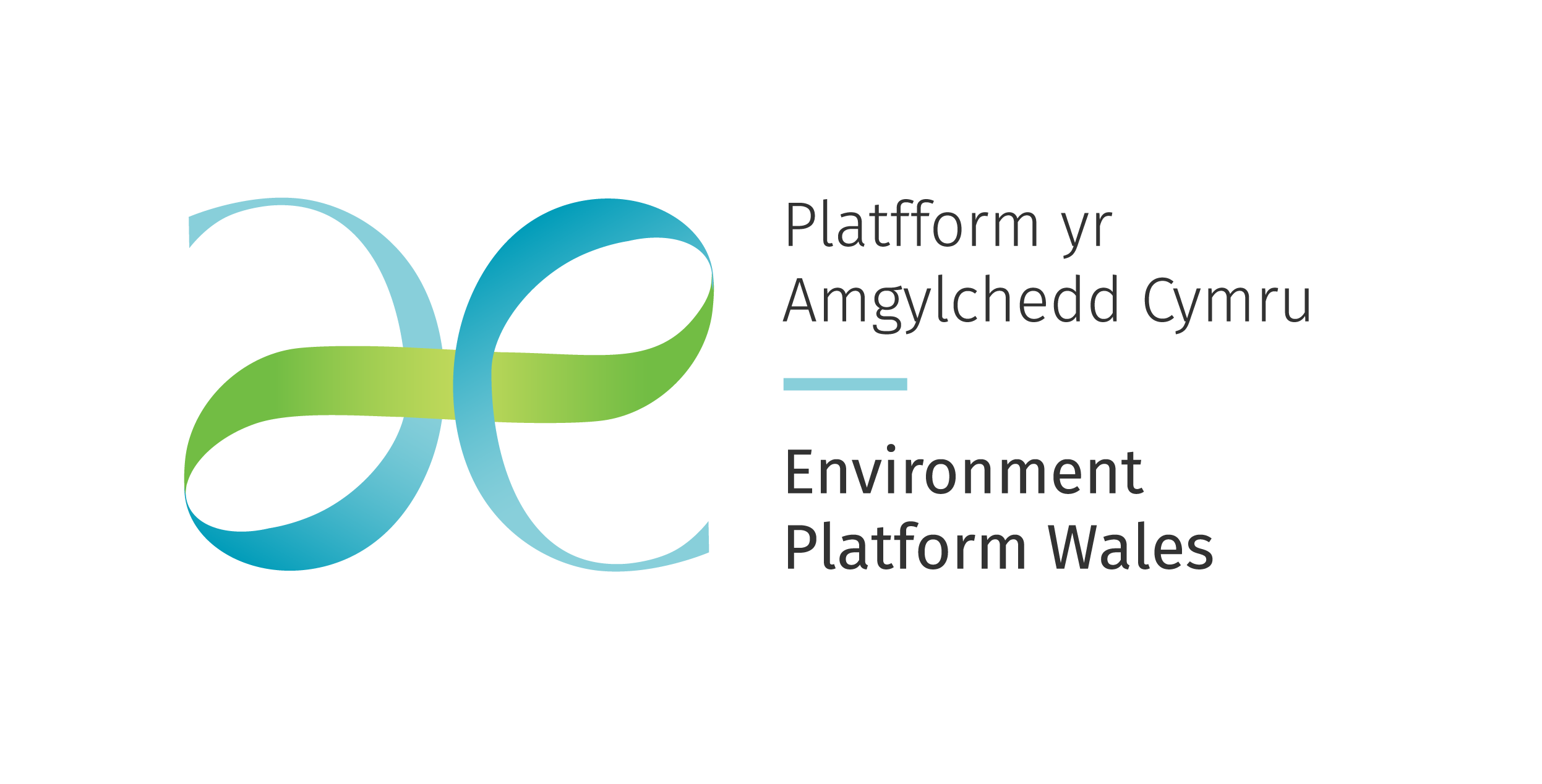This is a very challenging time for everyone and can particularly challenging if your research has been put on hold or the future of your funding is now uncertain.
UKRI and other funders are refocusing their efforts on measures to reduce the impact of the virus on health, the environment and the economy. If you are looking for ways to make a positive contribution through a new idea or repurposing of existing project funding there are a variety of opportunities out there.
Switch existing UKRI funding to COVID-19 priority areas
The research to be undertaken must address one of the following:
- new research or innovation with a clear impact pathway that has the potential (within the period of the grant) to deliver a significant contribution to the understanding of, and response to, the COVID-19 pandemic and its impacts.
- supports the manufacture and/or wide scale adoption of an intervention with significant potential
- gathers critical data and resources quickly for future research use
UKRI open call for research and innovation ideas to address COVID-19
- Project length: Up to 18 months
- Closing date: none – apply at any time
- Funding: 80% of the full economic cost (fEC)
- Award range: There is no specific budget for this call. We are interested in funding research of any scale that can demonstrate it will deliver impact in the project length.
Proposals are invited for short-term projects addressing and mitigating the health, social, economic, cultural and environmental impacts of the COVID-19 outbreak.
UKRI will support excellent proposals up to 12-18 months duration which meet at least one of the following:
- new research or innovation with a clear impact pathway that has the potential (within the period of the grant) to deliver a significant contribution to the understanding of, and response to, the COVID-19 pandemic and its impacts.
- supports the manufacture and/or wide scale adoption of an intervention with significant potential
- gathers critical data and resources quickly for future research use
If a grant is awarded, UKRI will provide funding at 80% of the fEC.
AHRC Global Challenges Research Fund Urgency Grants Pilot
The AHRC GCRF Urgency Grants Pilot is still running and is open to applications addressing the Covid-19 pandemic and associated international development challenges and impacts, providing they meet the eligibility requirements for the pilot. Recognising the fast-moving nature of many of the challenges facing low or middle income countries (LMICs), the AHRC has launched this scheme to provide an accelerated funding outlet for urgent arts and humanities research priorities. Funded as a part of the Global Challenges Research Fund (GCRF), it is an open, responsive mechanism through which arts and humanities researchers (working with other disciplines where appropriate) can respond to unanticipated urgent research needs, including (but not limited to) disasters, humanitarian emergencies, rapid radical political or economic change, changes to conflicts, major displacements of populations etc., or unanticipated time-limited opportunities for research to contribute to international development policy or practice.
Funding: Applications for full economic costs up to £150,000 for a period of up to 12 months may be submitted at any time during the period of the pilot scheme. Applicants interested in applying should first submit an expression of interest to the AHRC at the earliest opportunity following the emergence of the urgency need or context. If the expression of interest is considered to fall within the scope of the scheme, applicants will then be invited to submit a full application through Je-S for consideration through an accelerated peer review process.
Deadline: This Pilot Scheme will close to new expressions of interest at 4 pm on 31 October 2020.
British Academy Special Research Grants: COVID-19
The British Academy is inviting humanities and social science researchers to bring their specific insights to bear on the global health pandemic resulting from COVID-19. Funded by the UK Government Department for Business, Energy and Industrial Strategy, these small grants will support investigation of the health, social, economic, cultural and environmental impacts of the pandemic on individuals, communities, and society in the UK and globally.
The potential for researchers to understand, compare, and inform the impact of COVID-19 through research that draws on and combines humanities and social science is extensive, and primary and secondary research can explore issues such as, but not limited to, the: ethical and behavioural issues raised by the pandemic; implications of migration on disease transmission; feasibility and effectiveness of policy responses aimed at preventing or containing COVID-19, including secondary impacts such as school closures, quarantine etc; past experience of epidemics, pandemics and quarantine; communication of risk to the wider public; behavioural studies understanding how people have been affected, both mentally and physically by living through the pandemic; community responses to crisis; access and equity to essential services, including digital communications and technologies; translation and analysis of information for multilingual populations; role of arts and culture in community building, recovery and resilience; strategies to combat misinformation; impacts on socio-economically disadvantaged groups.
Funding: The British Academy will fund projects costing up to £10,000, following a model similar to the Academy’s existing BA / Leverhulme Small Research Grants, but awarded through this special research grant targeted response call and accelerated assessment process. The application form is available on the Academy’s Flexi-Grant system. Projects can start from 1 July 2020, subject to institutional approval, and can last up to 24 months.
Deadline: 5pm on Wednesday 27 May 2020.




